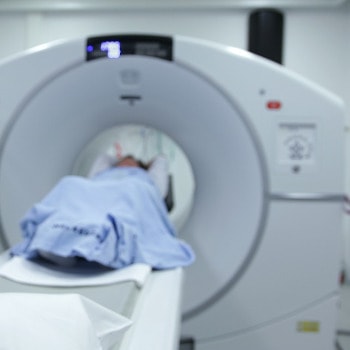
Cyberattacks impacted patient care in two-thirds of healthcare facilities last year. The study surveyed 653 healthcare IT and security experts. It states that the costs per cyber attack have increased by 13 percent compared to the previous year.
The USA has been a pioneer of relevant technical innovations for many years and is therefore an indicator for future developments in Germany. Unfortunately, this also applies to the area of cybercrime. In particular, cyber criminals are now also affecting the healthcare system on a large scale. This is the result of a recent study by the Ponemom Institute on behalf of the cybersecurity and compliance company Proofpoint.
Supply chain attacks harm patient care
Larry Ponemon, Chairman and Founder of the Ponemon Institute, summarizes the situation: “For the second year in a row, we have found that attacks have a direct negative impact on patient safety and well-being. Our results also show that compared to 2022, more IT and security professionals view their organization as vulnerable to any type of attack. These attacks are also putting an even greater strain on resources than last year: Financial costs have increased by an average of 13 percent and healthcare institutions are taking 58 percent more time to resolve the impact on patient care.”
The study surveyed 653 healthcare IT and security experts. It found that supply chain attacks are most likely to impact patient care. Nearly two-thirds (64%) of organizations surveyed have experienced a supply chain attack in the past two years. 77 percent of these companies experienced a significant disruption to patient care as a result (an increase from 70% in 2022). Business Email Compromise (BEC) is by far the type of attack most likely to jeopardize the success of treatment due to delays (71%), followed by ransomware (59%). BEC is also most likely to result in increased complications from medical procedures (56%) and longer length of stay (55%).
Cyber attacks cause higher costs
The study found a 13 percent increase in the costs of a cyber attack compared to the previous year. The average cost to the organization affected by a successful cyberattack was around $5 million.
Ryan Witt, Chair of the Healthcare Customer Advisory Board at Proofpoint, has at least one positive takeaway from the study's findings: “Although healthcare remains highly vulnerable to cyberattacks, I find it encouraging that industry leaders understand how one can Cyber incident can impact patient care. I am also more optimistic that significant progress can be made to protect patients from the health dangers such attacks can cause. The study shows that healthcare organizations are already aware of the cyber risks they face. Now they must work with their industry colleagues and enlist the government’s support to achieve a better cybersecurity posture – ensuring the best possible patient care.”
More at Proofpoint.com
About Proofpoint Proofpoint, Inc. is a leading cybersecurity company. The focus for Proofpoint is the protection of employees. Because these mean the greatest capital for a company, but also the greatest risk. With an integrated suite of cloud-based cybersecurity solutions, Proofpoint helps organizations around the world stop targeted threats, protect their data, and educate enterprise IT users about the risks of cyberattacks.
Matching articles on the topic
